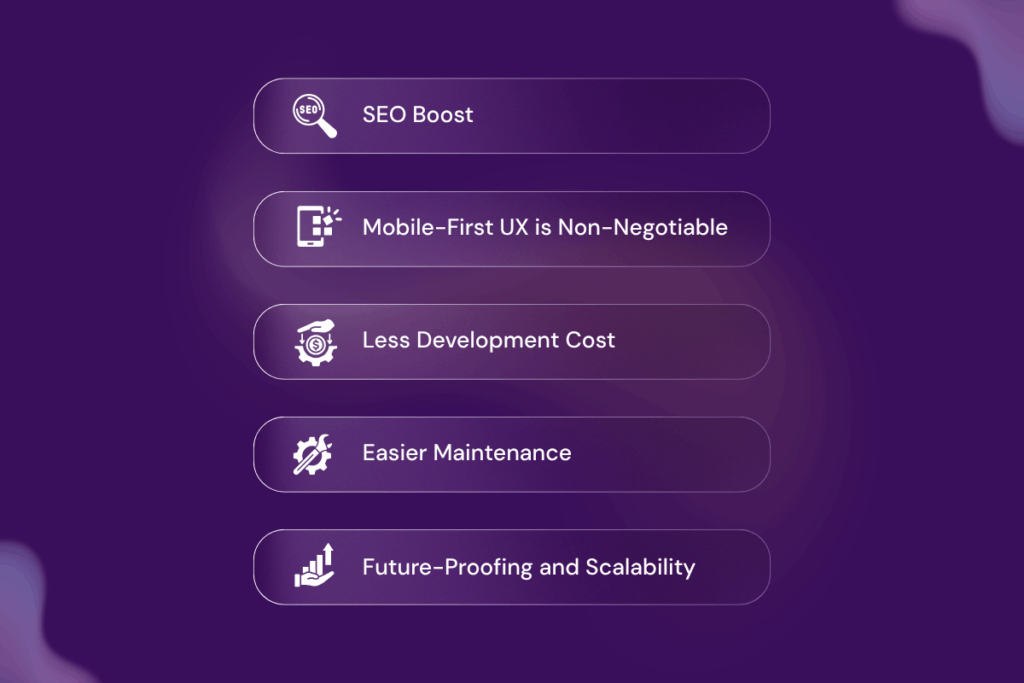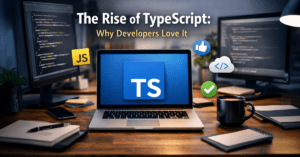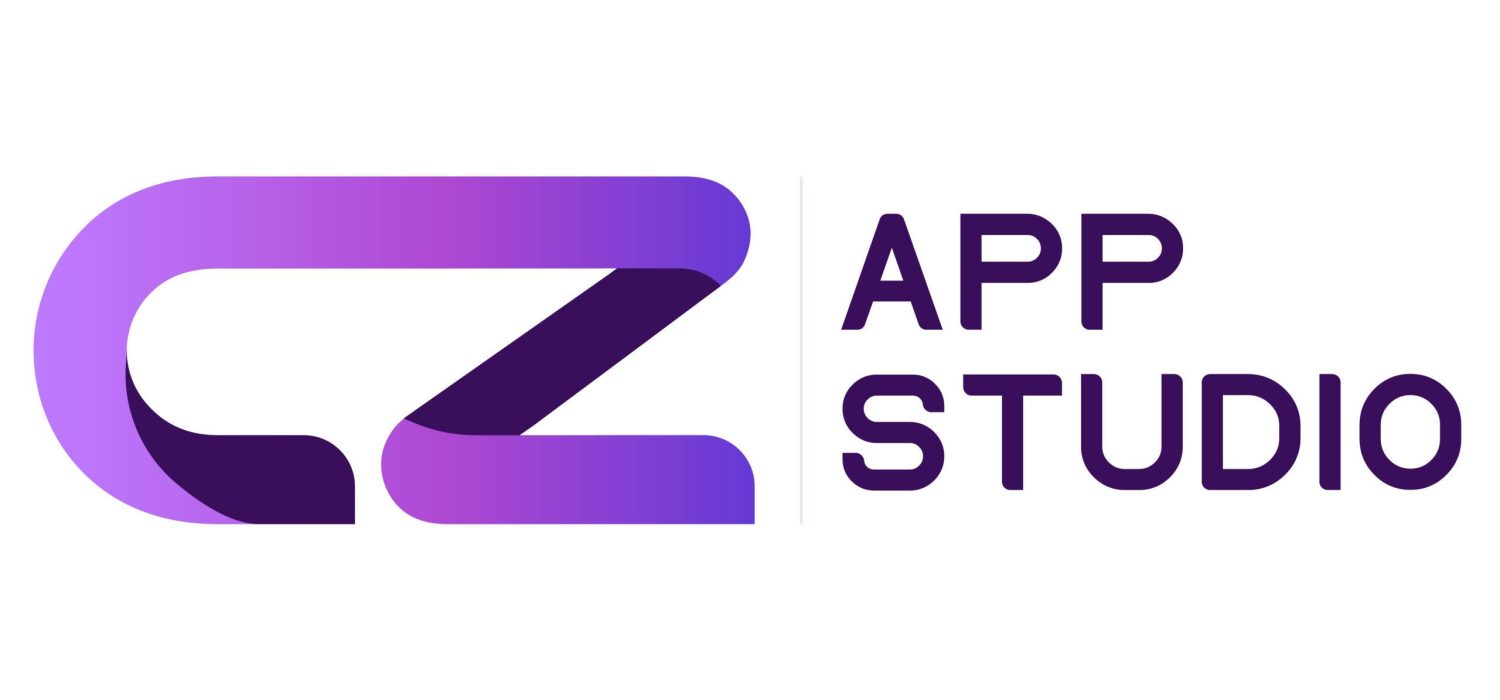2025: Why Lightweight Frameworks are the New Mandatory Engine of the Web

Remember the early web, where every page felt clunky, especially on mobile? While technology fixed a lot of that, for years, web development was dominated by huge, all-inclusive frameworks. It felt like we were hauling an entire garage of tools just to hang a picture.
In 2025, speed isn’t just a nice-to-have; it’s a non-negotiable business mandate. Customers demand instant gratification, and search engines with their critical Core Web Vitals actively punish slow sites. This is why the focus is shifting. Forget the heavy hitters; 2025 is the year every smart business and product manager embraces Lightweight Frameworks. These are the lean, high-performance race cars of the development world, fundamentally changing how fast your application loads, how smooth the User Experience (UX) feels, and how much performance matters to your bottom line.
Defining the ‘Lightweight’ Framework
The decision to choose a framework is no longer solely about its capabilities but also about its speed, file size, and simplicity. It’s about getting the job done with the fewest possible instructions. Most of these new contenders are open-source, too, eliminating subscription and licensing fees from the start.
Top 5 lightweight frameworks for web Applications
Flask
Express.js
Svelte
Vue.js
Sinatra
The Core Technical Traits
- Minimal File Size: They ship with significantly less code, resulting in faster download times.
- Reduced Overhead: Less boilerplate code and fewer internal mechanisms mean the browser has less work to do.
- Simplicity and Flexibility: They focus on core functionality, offering more flexibility for customization rather than forcing a monolithic structure.
Why Lightweight Wins the Revenue Race
Measurable business results drive the shift to lightweight solutions. It’s a strategic decision that directly impacts revenue and competitive advantage. If your site is faster than your competitor’s, you win the click, you win the user, and you win the conversion. Simple as that.

- SEO Boost
Lightweight frameworks eliminate unnecessary code bloat, meaning your pages load almost instantly. Better loading speeds translate directly into a higher score on Google’s Core Web Vitals.
Higher SEO Rankings: Good scores mean Google is more likely to use your performance as a ‘tie-breaker’ over content-similar competitors. One report showed that a significant improvement in Core Web Vitals scores led to a 300% increase in search impressions for a set of optimized URLs.
- Mobile-First UX is Non-Negotiable
The majority of web traffic is mobile, often on devices with slower processors or unreliable connections. Heavy frameworks struggle here because they consume more CPU power for processing and rendering. Lightweight solutions ensure your application performs flawlessly, maintaining a smooth UX (especially critical for the Interaction to Next Paint – INP metric) even on older smartphones or slower 4G networks. This improves accessibility and widens your potential customer base.
- Less Development Cost:
They enable smaller, more flexible developer teams to work efficiently, reducing the need for large, specialized resources. Tools like Alpine.js, for instance, can be easily integrated into existing applications, avoiding the cost of a full, complex migration.
- Easier Maintenance:
Generally, less code means simpler maintenance. Bugs are easier to isolate and solve because the codebase isn’t a massive, tightly coupled monolith. The chances of complex, cascading issues are significantly lower.
- Future-Proofing and Scalability
Lightweight architecture is highly scalable. Because they are modular and not weighed by excessive baggage, they can adapt and scale as your business grows without requiring a complete, costly rebuild. This provides forecasting stability and long-term viability for your product.
Conclusion
Choosing a lightweight solution is no longer a niche technical debate it’s a strategic business move that directly impacts your revenue, your search ranking, and ultimately, your competitive edge. The superior development time, flexibility, and maintenance overhead make these frameworks the extraordinary choice for the modern company environment in 2025.
- The Rise of TypeScript: Why Developers Love It

- Top 5 Strategies to Maximize Customer Loyalty Through Reward Programs

- Field Operations Challenges in Service Businesses | 2025 Guide

- Microsoft $17.5B AI Bet in India: What Businesses Gain

- 2025 HRMS Guide: Must-Have Features for SMEs

- Hidden Per-User Costs That Companies Ignore When Scaling

